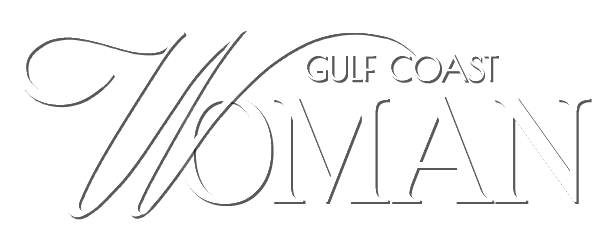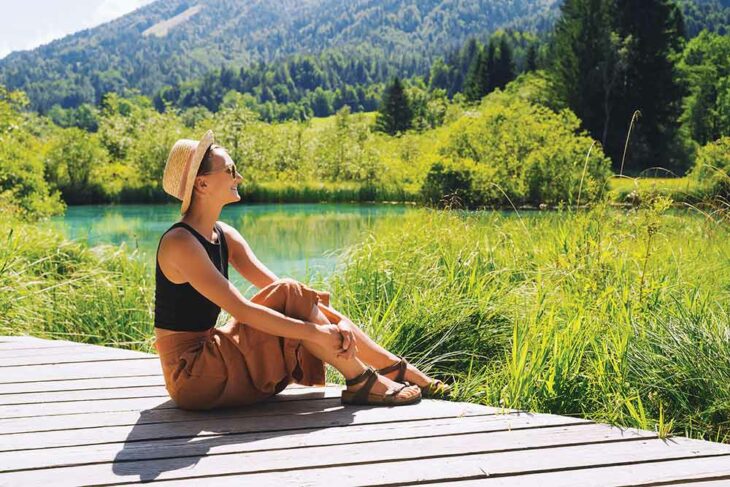Remember our parents telling us to go play outside? I always thought they were just trying to get me out of the house to give themselves some peace and quiet, but it turns out they were setting me up for physical and emotional wellbeing.
Studies are now vindicating the moms and dads who sent us outside all day and reminded us regularly that “dirt don’t hurt.” Research now clearly points to the fact that they were right.
According to the American Journal of Public Health, being near a green space helps lower stress and can reduce symptoms of anxiety and depression. Being outdoors and interacting with nature has been shown to improve cognitive function in children with attention-deficit hyperactivity disorder (commonly known as ADHD), and spending as little as five minutes walking outdoors, especially near a body of water, has been shown to boost mood and self-esteem. How can we incorporate this knowledge into the field of mental health?
Enter ecotherapy, which is the practice of being in and connecting with nature to foster growth and healing. It is a form of mental health therapy that aims to help people find connection with themselves and others by strengthening their connection to the beauty and wonder of nature. This form of therapy invites you to learn how to slow down, be quiet, open the senses, notice, observe and be present to find stability and peace in your daily life. In this fast-paced, technologically advanced world, it is an opportunity to reconnect with yourself and the natural world, of which you are a part.
If you are interested in ecotherapy, spend a couple minutes gazing up at the clouds, take a walk on the beach without your phone or get your hands dirty in a garden. Think about how you feel after spending some time in nature, and if you feel better, ecotherapy might be just what the doctor ordered.
It turns out, after talking with my parents, that they did want a break when they sent me out of the house. Little did they know that while they were getting some rest, I was being nurtured by my time spent in nature and reaping the benefits of playing in the dirt.
Alexis Foust is a licensed clinical social worker (LCSW) and ecotherapist providing mental health services to Mississippi Gulf Coast residents at Catalyst Counseling & Therapy Services. She can be reached at (228) 284-2644 or alexis@catalysttherapyservices.com.


